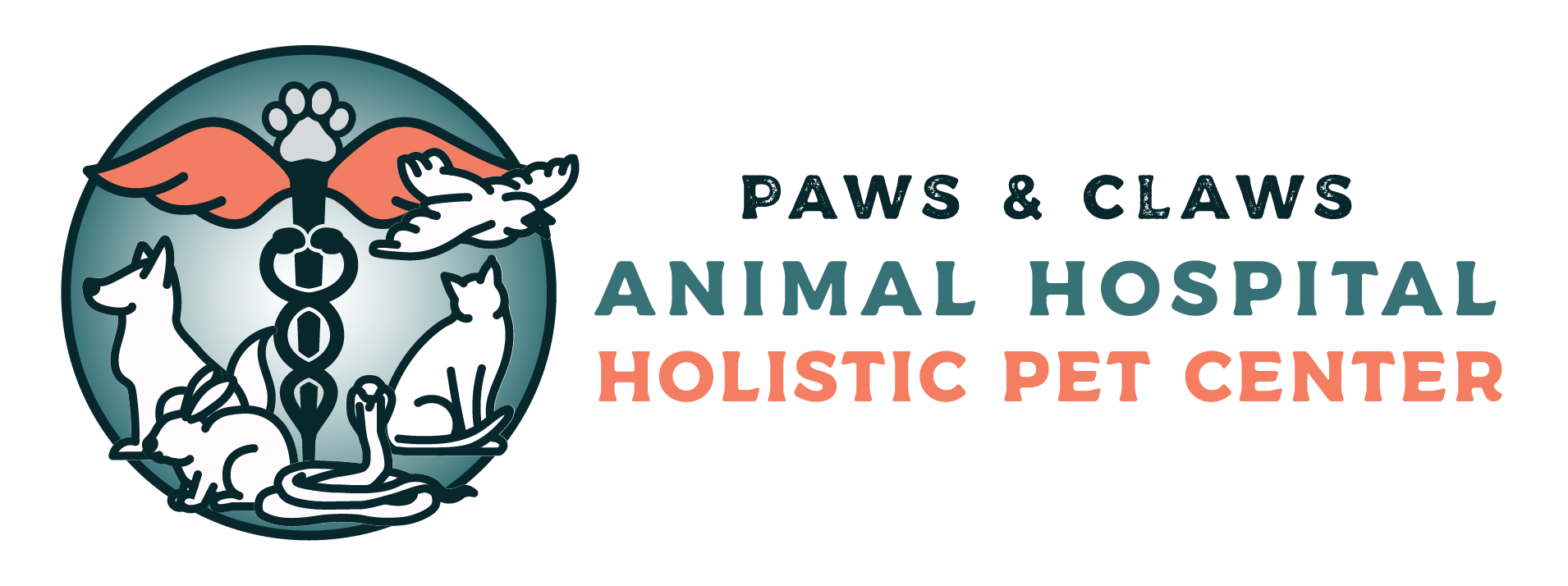Making the decision to switch from a conventional to an integrative or holistic veterinarian is a great choice. Here’s why.
You want the best care for your dog or cat, and a holistic or integrative veterinarian offers the most choices. But how do you find one? And when you do, what should you expect from your first visit?
Finding and Selecting a Vet
Finding a holistic or integrative veterinarian can be more challenging than finding a conventional practitioner. The American Holistic Veterinary Medical Association (AHVMA) and The Veterinary Institute of Integrative Medicine both have hundreds of members, but not every city or town has one. While referrals from friends and family members can be helpful in situations like this, they may not take their companions to a vet who uses alternative therapies, so that limits your options.
The easiest way to find a holistic or integrative vet is to visit ahvma.org or viim.org respectively and see if there’s anyone nearby. If there’s only one, then he or she is your only choice. If there are several, I recommend visiting each doctor and his or her staff and choosing the hospital where you feel most comfortable (where everything “feels right”). If there are no holistic veterinarians in your area, some members of the AHVMA will do phone consults with either you or your animal’s current veterinarian.
Six Questions to Ask
Let’s say you’ve found a vet you like and have scheduled your dog or cat’s first appointment. What can you expect from that visit?
I believe it’s important for a holistic veterinarian to be a member of AHVMA because it shows ongoing education in the holistic field. However, membership is open to anyone, and I know some members of AHVMA who I would not necessarily consider holistic, even though they include the use of supplements in their treatments. While each holistic and integrative doctor has his or her own way of doing things, I suggest you ask the following questions (in addition to any of your own) in order to determine if the veterinarian is really as holistic as he or she claims to be.
“What Food do You Recommend?”
The brand recommended is not as important as the quality of the food. If the veterinarian has the typical popular mass-marketed brands on his shelf, s/he’s not really holistic. Instead, they should recommend and/or sell natural brands of food. Additionally, they should be open to discussing the possibility of preparing a diet at home, whether cooked or raw. In general, a holistic or integrative veterinarian will be better able to discuss nutrition and recommend the best diet that fits the needs of you and your animal.
“What Vaccinations do You Recommend?”
Vaccinations in and of themselves are not bad and do not need to be avoided completely. However, holistic and integrative veterinarians know that vaccines are only one part of an animal’s health care and that frequent vaccinations are both unnecessary and potentially harmful. Instead, the veterinarian should recommend a blood antibody test called a titer test, which allows him or her to determine if and when an animal needs immunization.
“Do You use Conventional Treatments for any Illness?”
A truly integrative or holistic doctor is open to whatever treatment will help your companion recover from a disease and stay healthy. As such, they should offer many different treatment options for your dog or cat, including all the treatments available to conventional veterinarians (surgery, medications, etc.) as well as a number of “alternative” therapies including acupuncture, nutritional supplementation, flower essences, homeopathics or herbal remedies.
“What Holistic Modalities do You Offer in Your Practice?”
Each holistic and integrative doctor has developed expertise in certain therapies. It is impossible for any one doctor to be able to do everything. In my practice, for example, I offer homeopathy, herbal remedies, flower essences, acupuncture, and nutritional therapies. I refer clients and their animals for other therapies that may benefit them, including chiropractic care, massage therapy, physical therapy, and Reiki. If you are interested in a particular modality, it’s important to discuss this with the veterinarian. In general, most holistic and integrative vets are skilled in and can offer at least two or three of these healing modalities.
“How Often Should You See my Animal if They’re Healthy, and What Will You do at Each Visit?”
There is no right or wrong answer other than to know that a truly holistic or integrative veterinarian is very interested in keeping your companion healthy and in preventing disease. Therefore, regular veterinary visits and necessary laboratory testing are important. In my practice, animals under five years of age coming for an annual visit (unless they have a medical problem that needs more frequent attention) get a physical examination, blood testing, urine testing, and a fecal analysis.
Those five years of age and older have the same testing done at least twice a year unless they are being treated for specific problems, in which case I usually recommend a visit every three to four months.
“Do You Recommend I Give my Dog or Cat Any Supplements?”
Holistic and integrative veterinarians accept that while complete and natural diets can usually meet a dog or cat’s nutritional needs, no diet in the world can meet every animal’s health needs. Therefore, we routinely place our patients, both healthy and sick, on a variety of supplements. Each vet has his or her favorite brands, but in general, some combination of the following supplements can help your dog or cat: antioxidants, enzymes, probiotics, fish oil, health maintenance formulas, and choline (especially useful for older animals).
You’ve already made the most important choice you can for your companion – choosing a holistic or integrative veterinarian who will focus on keeping him healthy and, if he gets sick, can offer you a variety of treatment choices. Use the information in this article to help you narrow down your selection, and get your dog or cat started on a program to keep him as healthy as possible.
